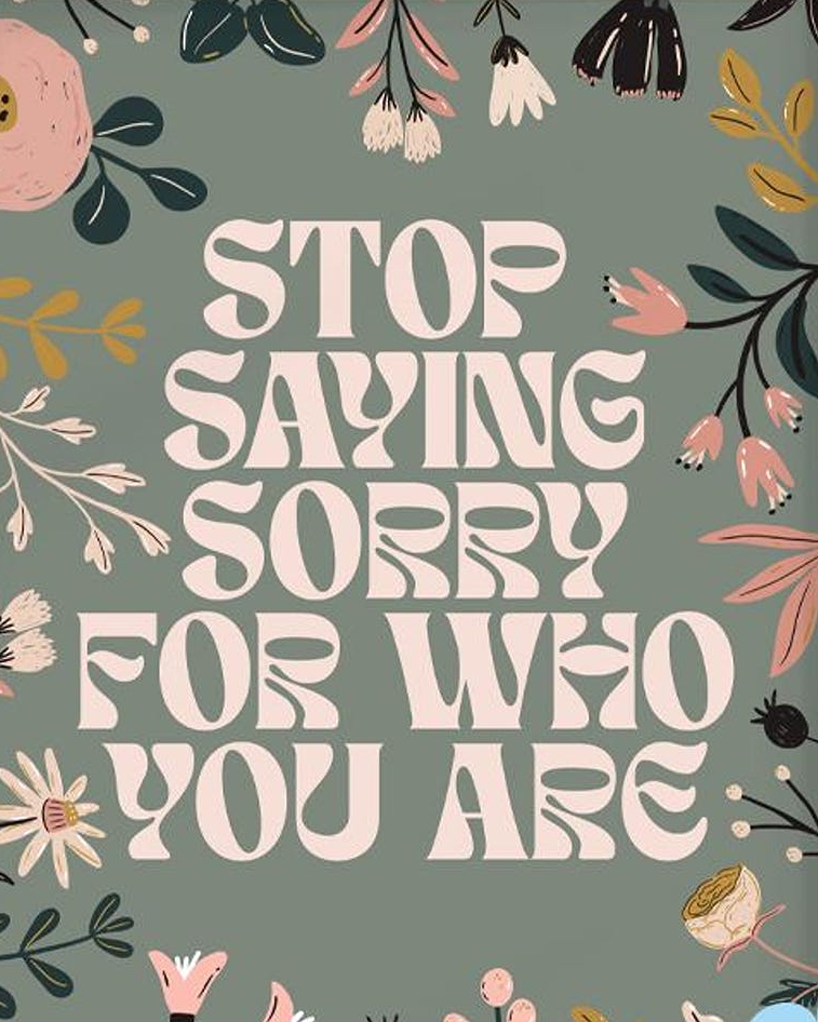
In this modern age, some of us can feel like we are square pegs trying to go into round holes. If you have views and values that don’t tally with others, don’t worry too much, as long as your views are kind. Be true to your values and beliefs, and eventually your ‘tribe’ will find you!
So if you don’t fit in; if you feel at odds with the world, if your identity is troubled and frayed; if you feel lost and ashamed. It could be because you have retained the human values you were supposed to have discarded. You are a deviant. Be proud. George Monbiot
Here are a few values that you may have, that are odds with others:
- Being vegan (in a meat-eating world)
- Not watching junk TV (in a world obsessed with celebrity)
- Voting Green (instead of the main political parties)
- Not driving a car (because you care about the planet)
- Wanting peace and quiet (in a world of noise)
- Telling the truth (in a world that tells lies)
- Not believing anything Farage or Trump says!
- Not following a set religion
- Investigating the real stories behind the ‘boat crisis’
- Asking questions, before making judgements.
- Not thinking money is the centre of the world
- Not being manipulated by politics or the church
- Having walks ruined, by picking up every piece of litter
- Getting upset if you see an injured creature (however small)
This is a common pattern. People say sorry for beliefs that sit at the core of who they are. It might be faith, politics, parenting, or personal ethics. When we apologise for our values, we hand over our centre. It signals doubt to others and plants doubt in us. Over time, that habit erodes confidence and makes our voice sound thin.
the Cost of Constant Apologies
Every sorry chips at your sense of self. When you apologise for beliefs that shape your choices, you teach your brain that your moral compass is a nuisance. The result is quiet, persistent anxiety. You start to second-guess normal decisions, like what to post, what to vote for, or how to raise your children.
Simple signs show up in daily life. You dodge topics you care about. You avoid certain people at work. The mind learns that safety sits in silence or apology. That lesson is false. Safety sits in clarity. When you speak with calm conviction, you reduce rumination and worry. You stop performing and start living.
The point is not to be rude. It is to stop treating your values like a mess you must clean up. If you apologise each time, you invite your own doubts to take the chair and run the meeting.
How Apologies Signal Weakness to Others
Social groups work on cues. An apology for a sincere view reads as a cue that your stance is soft. In a workplace debate, a quick “sorry” can move the power balance. Colleagues learn that you will retreat if pushed. Some will push harder next time. Online, trolls smell that gap and pile on. The result is more challenges, not fewer.
Firm, polite language earns respect. “I see your point. I hold a different view,” tells people you are steady. You are not picking a fight. You are drawing a clear line. People tend to test boundaries less when they know they exist.
The Personal Toll on Your Confidence
Inside, repeated apologies grow like fog. You start to doubt your judgement and edit yourself mid-sentence. You may sit on good ideas because you fear reaction.
A reader once shared that she stopped padding every view with “sorry.” She wrote her principles in a notebook and used them as a guide. Within weeks, she spoke up more in meetings and felt lighter at home. The fog thinned because she no longer framed her values as errors. She did not become loud. She became clear.
Express Values Without Backing Down
Clarity beats apology. When you prepare your core beliefs and practise steady language, you can handle pressure without heat. These steps help in family settings, work chats, and social media.
- Know your values: Write down five principles you live by. Keep them short and plain. For example, “Family time comes before work after 6 pm.”
- Use “I” statements: Speak from your experience, not from a moral throne. “I prefer not to drink” lands better than “No one should drink.”
- Stay calm: Slow your voice, keep your shoulders down, and breathe. The body tells the mind you are safe.
- Set boundaries: Decide what topics you will not debate in certain spaces. It is fine to say, “I do not discuss politics at family dinners.”
These steps build on the cost you have seen. When you prepare, you avoid knee-jerk apologies and speak with purpose. You also reduce the urge to convince everyone. The goal is not to win. The goal is to be honest and kind, at the same time.
Prepare Your Core Beliefs in Advance
Preparation gives you words when pressure rises. Start with a simple exercise:
- List three to five values that guide your life.
- For each value, write one sentence that explains it.
- Add one behaviour that shows it in action.
Example:
- Value: Health.
- Sentence: I protect my sleep and limit late-night work.
- Behaviour: No emails after 9 pm on weeknights.
Journalling like this makes your views concrete. In tough moments, you can lean on your sentences instead of reaching for a hasty sorry. It also helps you spot where you have been apologising out of habit, not care.
Respond to Disagreement with Grace
Grace does not mean retreat. It means respect with clarity. Keep a few phrases ready. They reduce friction and keep your footing.
- “I hear your view. Mine is different. I value X because Y.”
- “I will stick with my choice. Let us move on.”
- “I respect your stance. I am not changing mine.”
A good example is if you are asked to give money to an animal-testing medical charity. Just say that you’ve done your science, and for this and compassion reasons, you only give to humane medical research. Don’t be blackmailed that ‘you care more about animals that people with cancer etc’.
Dialogue examples:
Workplace
- Colleague: “You should be online later. Everyone is.”
- You: “I understand. I log off at six to be with my kids. I will catch up in the morning.”
Family gathering
- Relative: “You are too strict about screens.”
- You: “I get that it seems strict. We keep screens off at dinner, it helps us talk.”
Social media
- Commenter: “Your view is outdated.”
- You: “I see we disagree. I stand by my view, and I will leave it there.”
These lines keep the tone civil and the boundary firm. They show that you have heard the other person, yet you are not moving. Over time, people adjust to your steadiness.
Rewards of Unapologetic Authenticity
Owning your values has benefits that touch every part of life. You attract people who share your standards. You also gain respect from those who disagree but admire your consistency. A clear stance saves time and stress. You stop rehearsing replies and start living your day.
Careers grow on trust. Managers value people who state a position and stand by it while staying open to facts. One reader reported that after she stopped hedging in meetings, she was asked to lead a project. Her ideas had not changed. Her delivery had. Friends may shift too. Some step back when you stop pleasing everyone. That is a gain, not a loss. It clears space for better ties.
Owning your views also builds mental strength. When conflict comes, you do not fear it as much. You have words prepared, a calm body, and a core that feels steady. Compare that with the cycle of apology and self-doubt. The contrast is night and day. The message is clear: authenticity pays in confidence, time, and peace of mind.
Build Stronger Relationships Through Honesty
Honesty is a filter. It draws people who value you, and it lets go of those who only liked the soft version. Trust grows when others know where you stand. In a team, clear values improve decisions because people can predict your reasoning. In friendships, it deepens intimacy. You can have sharp debates and still share dinner, because the ground rules are known.
Example: a friend tells you, “I do not drink.” You never pressure them again. Trust rises. Your turn comes when you say, “I avoid gossip.” The group adjusts. The bond is real, not staged.






